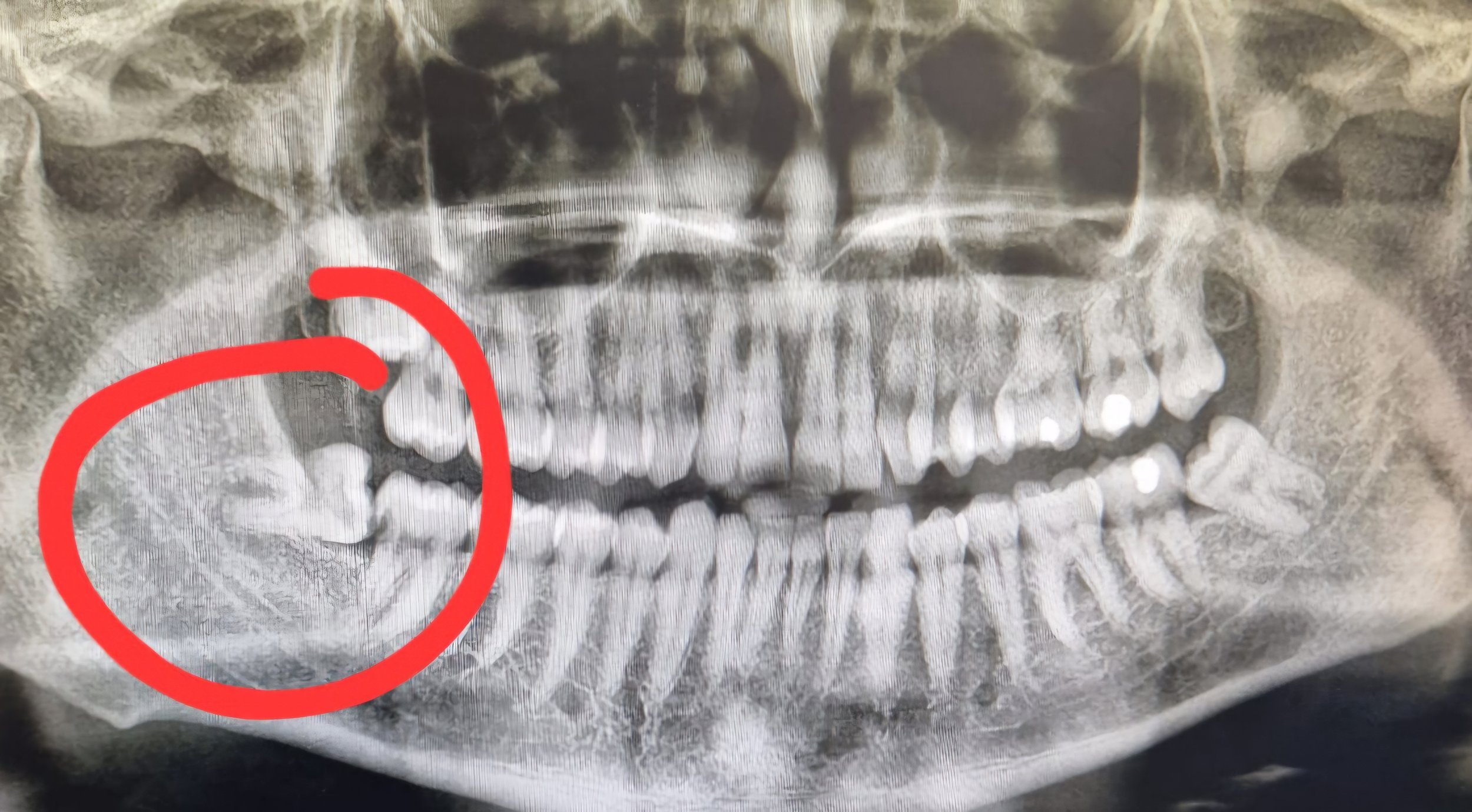Wisdom Teeth: A Modern Malady and Potential Solutions
We've all heard the saying: "wisdom teeth - nature's cruel joke." The idea that our bodies try to shove extra teeth in our mouths as adults, causing pain and needing removal, seems almost comical. But what if the truth is far more fascinating?
The Myth of Too Many Teeth
Conventional wisdom suggests our jaws are simply "too small" for wisdom teeth, leading to impaction and extraction. However, this view overlooks a crucial point: our ancestors and most mammals have no trouble accommodating wisdom teeth. This begs the question - why are we different?
The Shrinking Jaw Culprit: Modern Life
The answer lies not in genetics, but in the dramatic shift in our lifestyle. Here are some key factors contributing to smaller jaws:
Soft Food Diet: Modern diets are dominated by processed, soft foods. This requires minimal chewing, leading to underdeveloped jaw muscles and reduced jawbone growth.
Reduced Breastfeeding: Breastfeeding promotes facial development, including the jaw. With declining breastfeeding rates, jaw development might be impacted.
Chronic Allergies: Chronic allergies in childhood can lead to mouth breathing, which can affect jaw growth.
The Evidence Against Genetics
Studies by Stanford researchers highlight the speed of jaw shrinkage. It's simply too rapid to be attributed to genetic evolution, which occurs over much longer timescales. This strongly suggests environmental factors are at play.
So, Can We Avoid Wisdom Teeth Issues?
The good news is that in children, there might be ways to promote healthy jaw development and potentially avoid future wisdom teeth problems. This could include:
Encouraging a diet with harder, more chew-resistant foods.
Supporting breastfeeding whenever possible.
Addressing chronic allergies early on.
Mewing: This technique involves proper tongue posture, positioning the tongue against the roof of the mouth while swallowing. It can help develop the palate and jaw muscles.
It's important to consult your dentist or orthodontist to discuss whether these approaches are suitable for your child.
Remember, wisdom teeth aren't inherently bad. They're a natural part of human development. However, modern lifestyle changes might be causing our jaws to shrink, leading to impaction and extraction needs. By understanding the root of the problem and exploring various solutions, we can potentially ensure wisdom teeth erupt comfortably, just like they did for our ancestors.

